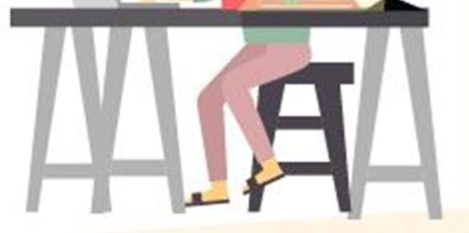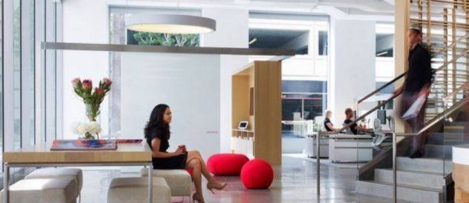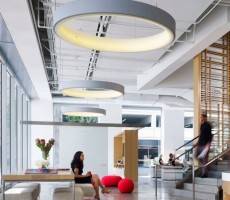August 4, 2016
Connectivity creep is driving more people to switch off their devices 0
 Fifteen million UK internet users have undertaken a ‘digital detox’ in a bid to strike a healthier balance between technology and life beyond the screen, according to a new Ofcom study. The study of around 2,500 people suggests that our reliance on the internet is affecting people’s personal and working lives, leading many to seek time away from the web to spend time with friends and family. Ofcom’s Communications Market Report 2016 finds that one in three adult internet users (34 percent), equivalent to 15 million people in the UK, has sought a period of time offline, with one in ten (11 percent) doing so in the last week alone. Of these digital down-timers, 25 percent spent up to a day internet-free; 20 percent took up to a week off; and 5 percent went web-free for up to a whole month. The most common reasons for taking a time out were to spend more time doing other things (cited by 44 percent) and more time talking to friends and family (38 percent).
Fifteen million UK internet users have undertaken a ‘digital detox’ in a bid to strike a healthier balance between technology and life beyond the screen, according to a new Ofcom study. The study of around 2,500 people suggests that our reliance on the internet is affecting people’s personal and working lives, leading many to seek time away from the web to spend time with friends and family. Ofcom’s Communications Market Report 2016 finds that one in three adult internet users (34 percent), equivalent to 15 million people in the UK, has sought a period of time offline, with one in ten (11 percent) doing so in the last week alone. Of these digital down-timers, 25 percent spent up to a day internet-free; 20 percent took up to a week off; and 5 percent went web-free for up to a whole month. The most common reasons for taking a time out were to spend more time doing other things (cited by 44 percent) and more time talking to friends and family (38 percent).











 New research from AXA suggests that small firms are sceptical about the prospects of technologies such as 3D printing, robotics and driverless cars affecting their workplace in the near future. While more than 40 per cent of small businesses still don’t have a website, the study of 898 firms claims that most of these plan to move online in the next twelve months. If these plans are fulfilled, only seven per cent of UK businesses will remain offline by this time next year. However, just one in five plan to migrate to the Cloud and only six per cent say they expect to adopt smart technologies. Driverless cars, which are set to hit UK roads as early as 2020, have an equally low resonance, as just eight per cent of business owners expect they will travel in one. Businesses were also highly sceptical when it comes to 3D printing. Just two per cent of UK businesses who might use the process expect to see it used here ‘during their lifetimes’.
New research from AXA suggests that small firms are sceptical about the prospects of technologies such as 3D printing, robotics and driverless cars affecting their workplace in the near future. While more than 40 per cent of small businesses still don’t have a website, the study of 898 firms claims that most of these plan to move online in the next twelve months. If these plans are fulfilled, only seven per cent of UK businesses will remain offline by this time next year. However, just one in five plan to migrate to the Cloud and only six per cent say they expect to adopt smart technologies. Driverless cars, which are set to hit UK roads as early as 2020, have an equally low resonance, as just eight per cent of business owners expect they will travel in one. Businesses were also highly sceptical when it comes to 3D printing. Just two per cent of UK businesses who might use the process expect to see it used here ‘during their lifetimes’.
 The overwhelming majority of UK employees (81 percent) are working beyond their contracted hours, claims a report from recruitment firm
The overwhelming majority of UK employees (81 percent) are working beyond their contracted hours, claims a report from recruitment firm 



















May 25, 2016
An out of hours email ban and why we all need the ‘right to disconnect’ 0
by Adrian Lewis • Comment, Flexible working, Legal news, Work&Place, Workplace
(more…)